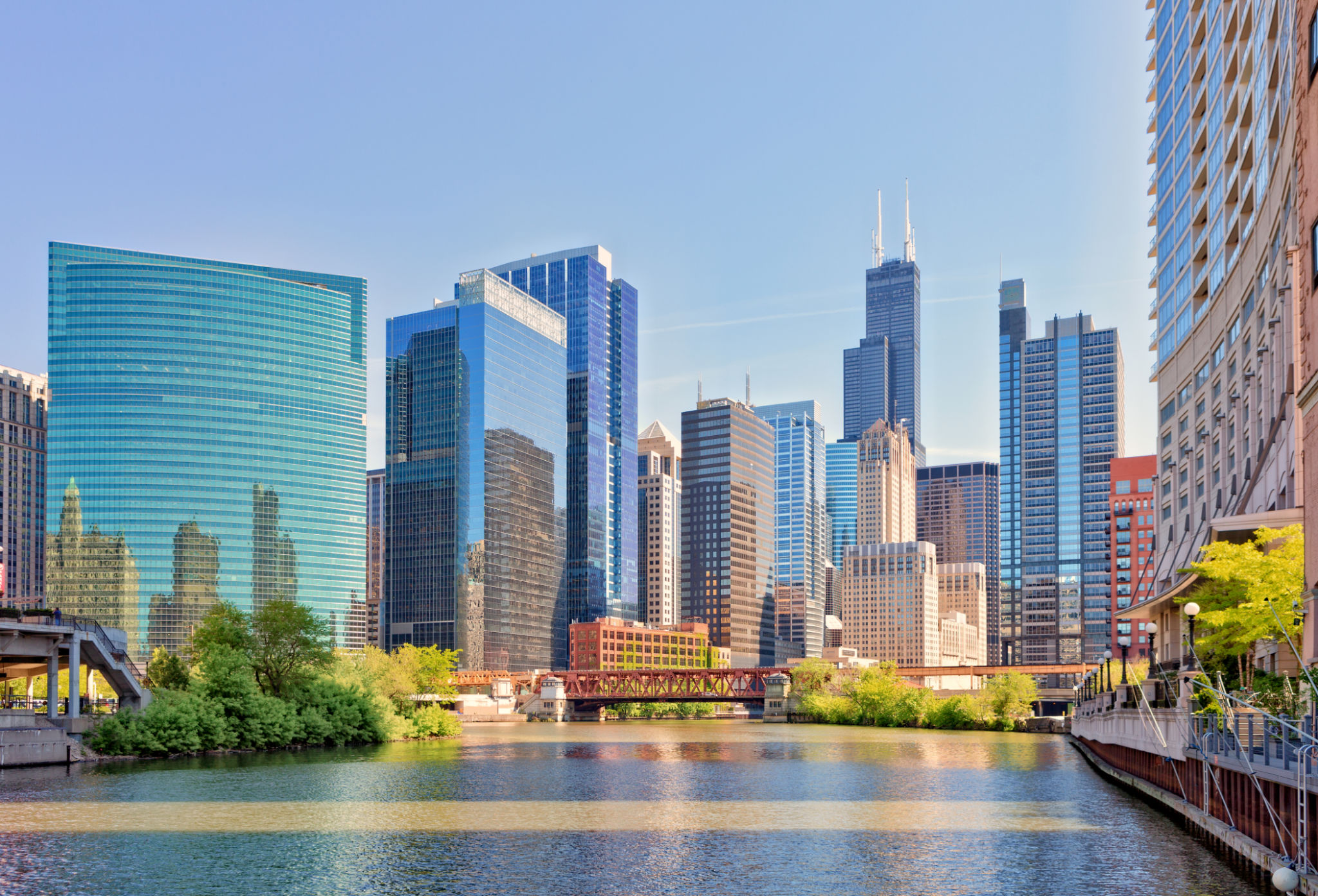What Chicago’s Air Quality Ranking Means for Cancer Risk – and What You Can Do About It
Understanding Chicago's Unique Environmental Landscape
Chicago is a city renowned for its vibrant culture, diverse communities, and architectural marvels. However, it walso ranked as one of teh country'e most polluted cities. With the city's geographical location, industrial history, and urban development; the 2025 State of the Air report, as reported by TimeOut Magazine, has ranked Chicago as the 15th worst American city for high ozone days -- moving up 17 spots from the previous years' reports.
The interplay between industrial emissions, air quality, and healthcare infrastructure forms a complex web that influences cancer care in Chicago. Understanding these factors is essential for both healthcare providers and patients navigating treatment options in the region.

Air Pollution and Cancer: What We Know
Air pollution contains a mixture of harmful substances, including particulate matter (PM2.5), ozone, and volatile organic compounds (VOCs). Long-term exposure to these pollutants has been linked to several types of cancer, particularly:
- Lung Cancer: Fine particulate matter (PM2.5) can penetrate deep into the lungs, causing inflammation, cellular damage, and mutations over time.
- Head and Neck Cancers: Emerging studies suggest that chronic exposure to air pollution may also increase the risk of oral, pharyngeal, and laryngeal cancers.
- Bladder Cancer: Some research points to air pollutants being absorbed into the bloodstream and filtered through the urinary system, increasing bladder cancer risk.
- Breast Cancer: There is growing evidence that exposure to certain airborne chemicals, particularly in urban environments, may contribute to breast cancer risk.
Even in people who do not smoke or have other traditional risk factors, air pollution alone can raise the lifetime risk of developing certain cancers.

Why Chicago’s Air Quality Matters More Than Ever
Chicago’s combination of heavy traffic, industrial emissions, and seasonal weather patterns contribute to consistently high levels of air pollution.
When a city ranks poorly for air quality, the impact isn’t felt equally—people living in dense urban areas, lower-income neighborhoods, and communities of color often experience higher exposure and worse health outcomes.
For cancer patients and survivors, the risks may be even greater. Polluted air can compromise lung function, weaken the immune system, and increase inflammation, all of which may affect cancer treatment outcomes or recovery.

What You Can Do to Protect Yourself
While you can’t control the air outside, there are steps you can take to reduce your exposure and protect your health:
- Check the Air Quality Index (AQI): Apps like AirNow.gov and local weather sites provide daily air quality updates.
- Limit outdoor activity on poor air quality days: If AQI is "unhealthy," avoid vigorous outdoor exercise and stay indoors as much as possible.
- Use air purifiers indoors: High-efficiency particulate air (HEPA) filters can significantly reduce indoor pollution.
- Create a “clean room” at home: Choose one room (preferably a bedroom) where you can use an air purifier and keep windows closed.
- Advocate for cleaner policies: Support efforts that promote clean energy, better urban planning, and reduced industrial emissions.
- Discuss risk factors with your doctor: If you live in a high-exposure area, talk to your care team about additional screenings or preventive strategies.
Collaboration and Research Advancements
Collaboration between medical institutions, researchers, and environmental agencies is pivotal in advancing cancer treatment options in Chicago. Joint efforts have led to groundbreaking research that explores the link between environmental factors and cancer biology.
Studies focusing on Chicago's specific environmental challenges have provided valuable insights into personalized medicine approaches. This research is instrumental in developing targeted therapies that consider both genetic predispositions and environmental exposures.

Conclusion: Adapting to an Evolving Environment
As Chicago continues to evolve, so too must its approach to cancer treatment. Embracing environmental considerations as part of patient care is essential for delivering effective treatments. By acknowledging the intricate relationship between environment and health, Chicago can pave the way for innovative solutions that improve cancer care outcomes.
If you have concerns about how air quality might affect your health—or if you are interested in cancer screenings, prevention strategies, or survivorship support—please reach out to our team. We are here to help.